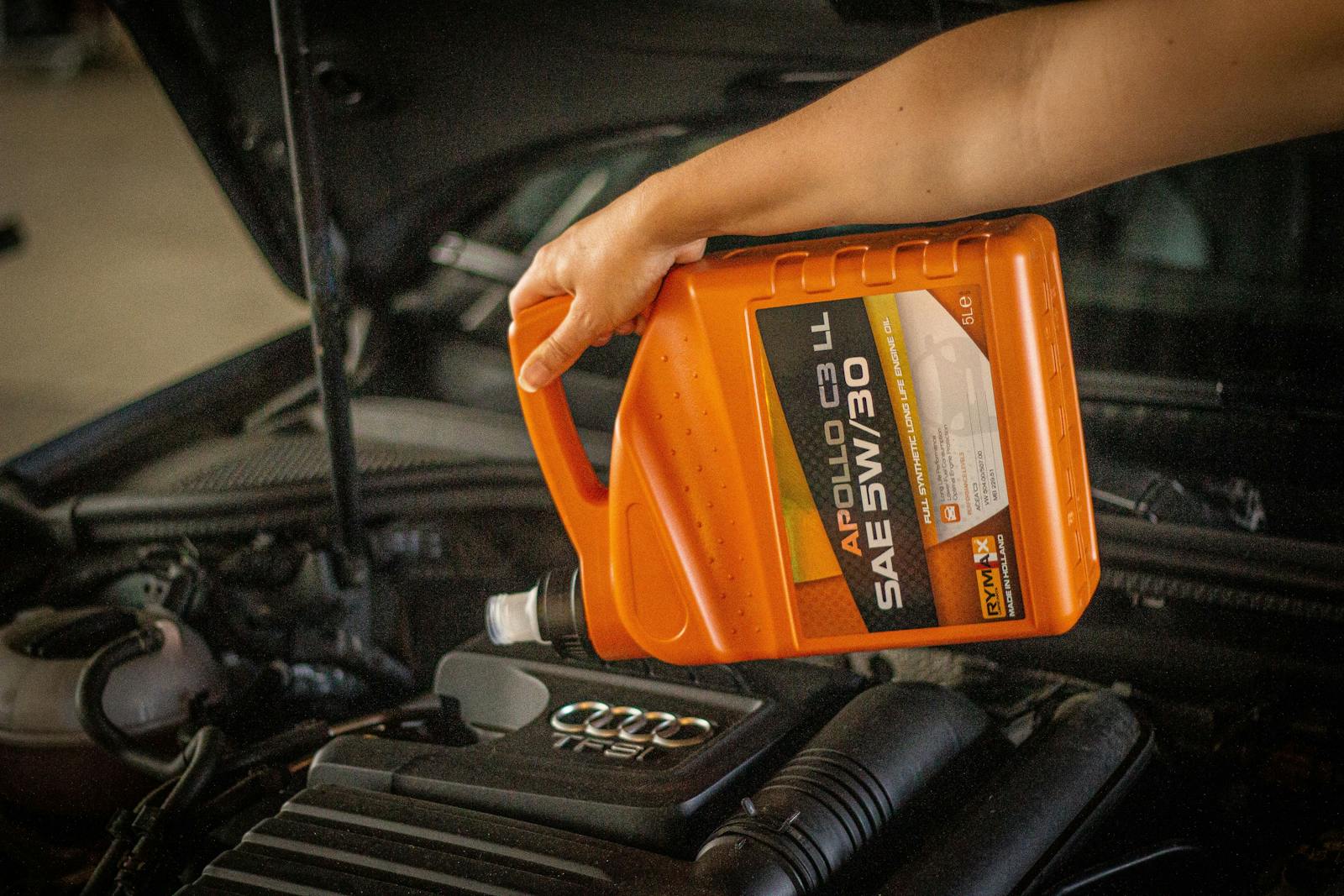While the average car depends on a number of fluids to run smoothly through the roads, gear oil, and engine oil happen to be the most important fluids among them. It is recorded in 2019 that the demand for these oils increased to 37 million metric tons all over the world. In 2020, the demand for gear and engine oils in the Asia-Pacific region was 43% of the total global demand.
Are engine oil and gear oils interchangeable? Let us find out.
What Is Engine Oil?
Designed specifically for internal combustion engines, Engine oil, also known by the name motor oil, is a special mixture of base oil with specific chemical additives.
Protection of engine parts from overheating along with optimum lubrication for smooth performance happens to be the two main functions of Engine oils.

What Is Gear Oil?
Gear oil, on the other hand, is used in, as the name implies the gear system. Manual transmission, a standard transmission, or stick shift. It is also used the transfer rotary power of the engine to the wheels, especially with rear-wheel drive, the ring, and pinion gears or their proper name, hypoid gear. It should never be confused with automatic gears or automatic transmission, which uses ATF, CVT, or DCT.
Just like the engine, gear oil is a combination of chemical additives and base oil. There are two basic types GL4 and GL5. Normally GL4 is for the manual transmission, and GL5 is used for the hypoid gears. Some gears oils can be used for both and these are known as TDL or Total Drive Line.

Engine Oil vs Gear Oil: Key differences
Appearance
Engine oil
Usually lighter by a slight extent in terms of appearance and colour, Engine oils turn darker with time due to excessive heat and the presence of contaminants. There are quite a lot of engine oils with slightly different specifications and appearances.
Gear oil
On the other end, Gear oils are a bit thicker compared to engine oils and are usually blended with a light pale colour dye so as to spot leakage of any sort. The colour pattern may range from yellow, green, blue or brown, depending on function and manufacturer.
Functions
Engine oil
You’d be quite surprised to know that the engine parts of your car move at astounding rates per minute. All that energy makes these components soar up in terms of temperature, and if there aren’t fluids like engine oil, the frictional force will rise over the prescribed levels causing the very components to melt easily.
Apart from lubricating the engine parts, modern fluids perform a wide array of functions as given below –
- Enhanced insulation.
- Protection against corrosion.
- Cleans the engine
- Maintains temperature consistency.
- Engine performance optimization.
- Reducing vibration.
- Seals

Gear oil
With the presence of specialist additives, especially extreme pressure (EP) ones, Gear oils are equipped to handle multiple tasks to keep your transmission system smooth and efficient all the time.
Below are a few of the functions performed by Gear oil-
- Efficient heat transfer and cooling function.
- Enhanced sealing.
- Enables shifts that are smoother.
- Protection against corrosion and rust.
- Extreme pressure protection.

Viscosity
Engine oil and Gear oil
In general, viscosity refers to resistance against the flow of any liquid through a given medium. For engine oils, It means that the more viscous a fluid is, the slower the pace of flow will be. However, the concepts of viscosity get a bit more complicated with engine oils and gear oils. Gear oils on the whole are more viscose than engine oils. The number tells you how viscose it is. Such as 5W-40 is more viscose than 5W-30. The first number we will explain in another blog post.
Conclusion
To conclude, these oils are not interchangeable. Each is designed to perform specific functions. Always follow your vehicle manufacturer’s instructions contained in your owner’s manual.